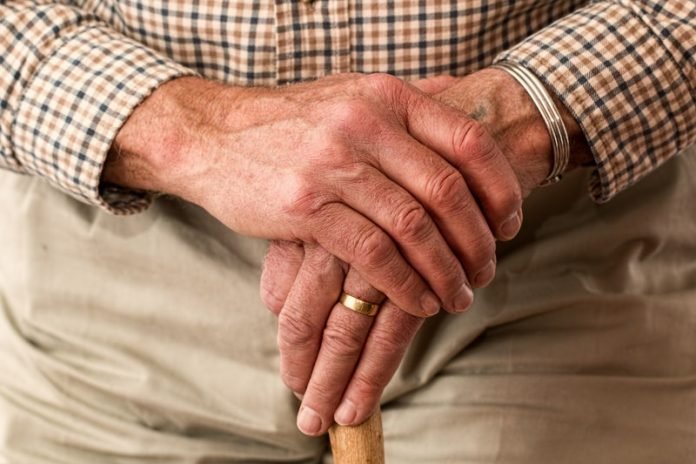
In a new study from the University of Helsinki, researchers found that the APOE4 allele may also increase brain damage related to COVID-19 and link to mental fatigue related to long COVID.
Roughly one-third of Finns carry the APOE4 allele, a genetic variant that predisposes carriers to Alzheimer’s disease.
Globally, researchers have reported observations that show a link between APOE4 and COVID-19, both in terms of increased susceptibility to SARS-CoV-2 infection and COVID-19 mortality.
In the study, the team examined the link between the APOE4 allele and the severity of COVID-19 in the Finnish population.
They found the common ε4 allele of the APOE gene appears to be associated with a heightened risk of severe COVID-19 in the Finnish population.
According to the results, the risk of developing a form of COVID-19 that requires intensive care more than doubled in carriers of the APOE4 allele.
Moreover, more damages were found in the brain as a result of severe COVID-19 in the study among carriers of this allele, compared to others.
The team says APOE4 may also affect the severity of certain long-term symptoms, especially in cases of COVID-19 that require hospitalization.
They point out that in the datasets now studied, the number of COVID-19 patients was relatively small, and the results must at this point be considered indicative.
An important question not answered in the study is the connection between COVID-19 and the onset of memory disorders in APOE4 carriers.
If you care about brain health, please read studies about exercise training that could reduce risk of Alzheimer’s disease, and brushing teeth that could postpone Alzheimer’s disease.
For more information about Covid, please see recent studies about drugs that could help treat COVID-19, and results showing that three days of this drug cuts risk for severe COVID-19.
The study is published in Acta Neuropathologica Communications. One author of the study is Liisa Myllykangas.
Copyright © 2021 Knowridge Science Report. All rights reserved.




